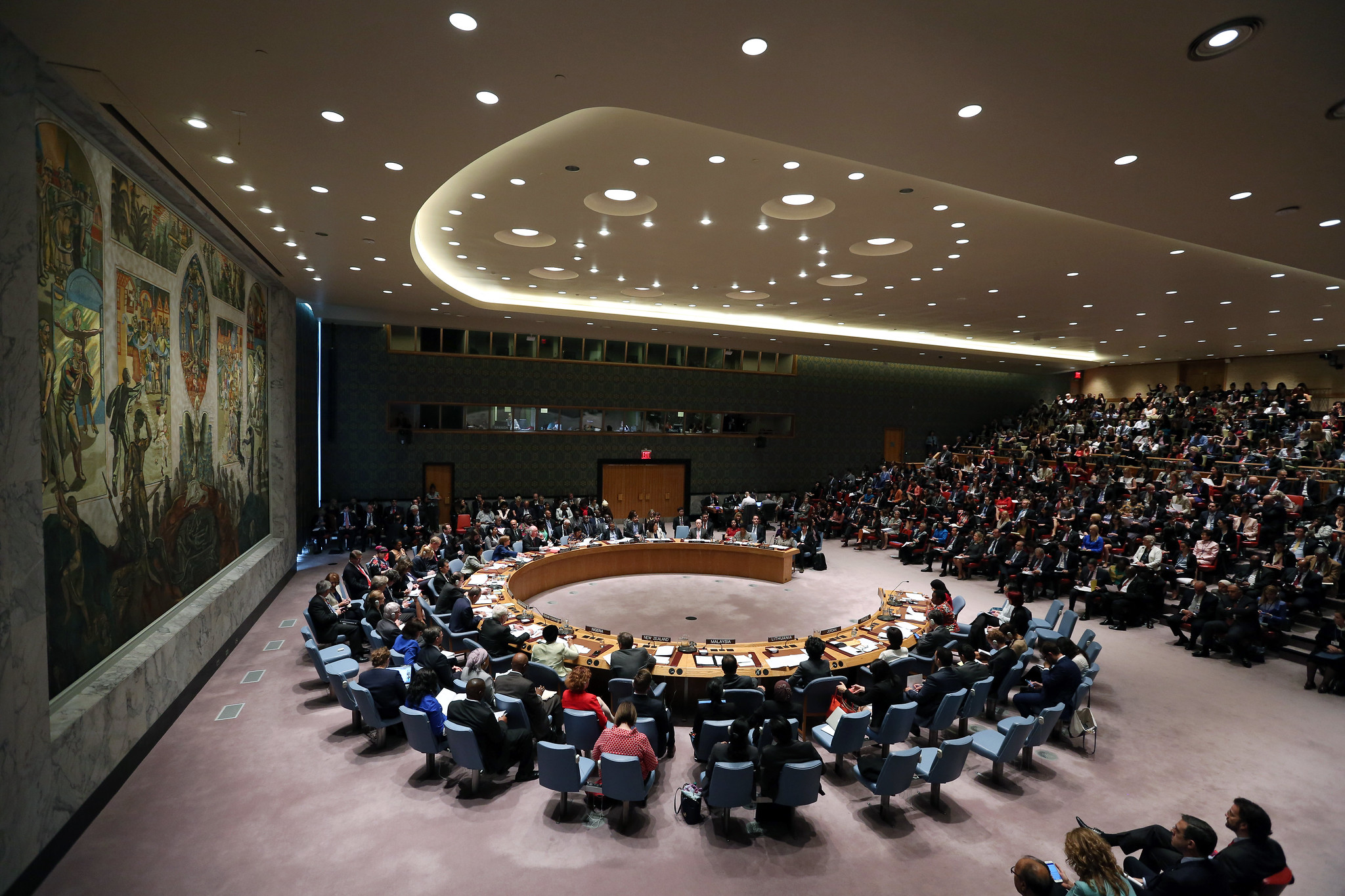
Transforming Peace and Security through Nonviolence and Feminism
In our first round-up of 2026, we’re reflecting on the 25th anniversary of the Women, Peace, and Security (WPS) agenda and bringing this agenda into conversation with unarmed civilian protection (UCP). WPS was a massive achievement of the transnational feminist movement to advocate for women’s voice and agency in peace and security—but its … Read more
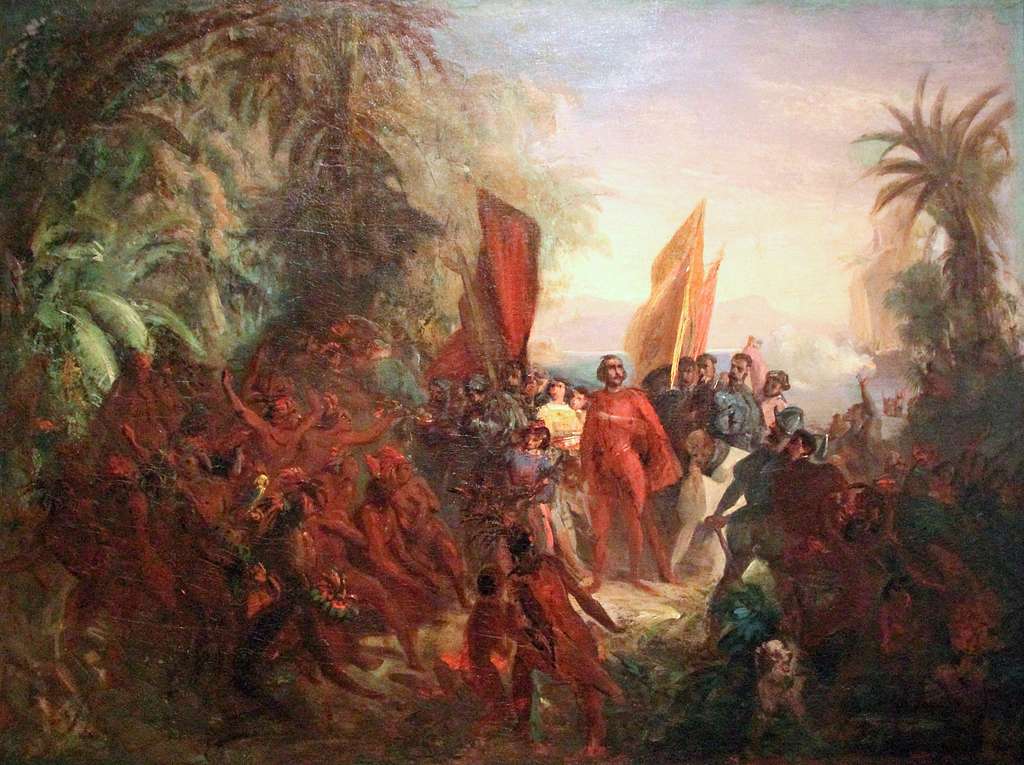
Race and Racism within the Peace and Security Sector
As we reflect on the genocidal violence enacted on Palestinians in Gaza over the past two years, and now the Pentagon’s heinous bombing campaign against Venezuelan boatmen, it becomes evident that racism plays a central role in enabling such military violence. This month’s round-up examines race and racism within the … Read more
Environmental Peacebuilding and Climate Security
In conjunction with New York Climate Week, the focus for this month’s round-up is environmental peacebuilding and climate security. When one considers the scale of violence, harm, and exploitation embedded in the systems that have produced climate change and the very real damage that climate change is already inflicting on … Read more
Borders and Migration
The current Trump administration recently signed the “Big Beautiful Bill” into law, the contents of which included an additional budget of $170.7 billion to the Department of Homeland Security (DHS) (inclusive of its sub-agencies like Immigration and Customs Enforcement [ICE] and Customs and Border Protection [CBP]) to tackle the “immigration … Read more
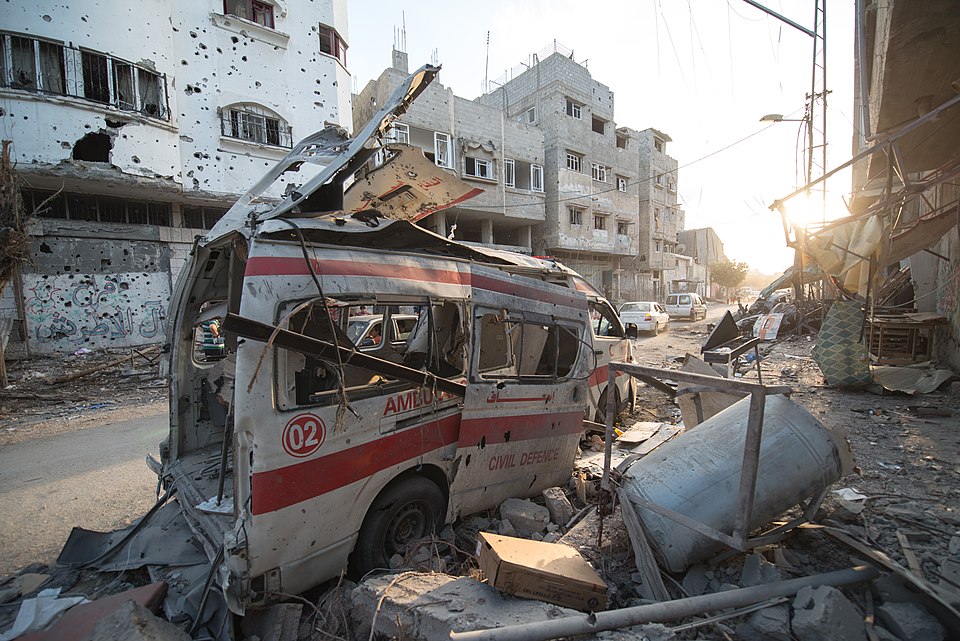
Nonviolent Action, Militarism, and Israel-Palestine
Context Israel’s war on Gaza continues at a relentless pace since the temporary ceasefire in early 2025, while violence and repression have also sharply intensified across the West Bank. The violence against civilians in Gaza, especially the most recent reports of the Israeli military’s intentional attacks on civilians at humanitarian … Read more
Resisting Authoritarianism
Following the presidential elections in November 2024, the second Trump administration moved swiftly to embed its MAGA agenda into the core operations of the U.S. government. The vicious targeting of immigrants without concern for constitutionally protected rights to due process, assaults on the freedom of press, attacks on the courts … Read more
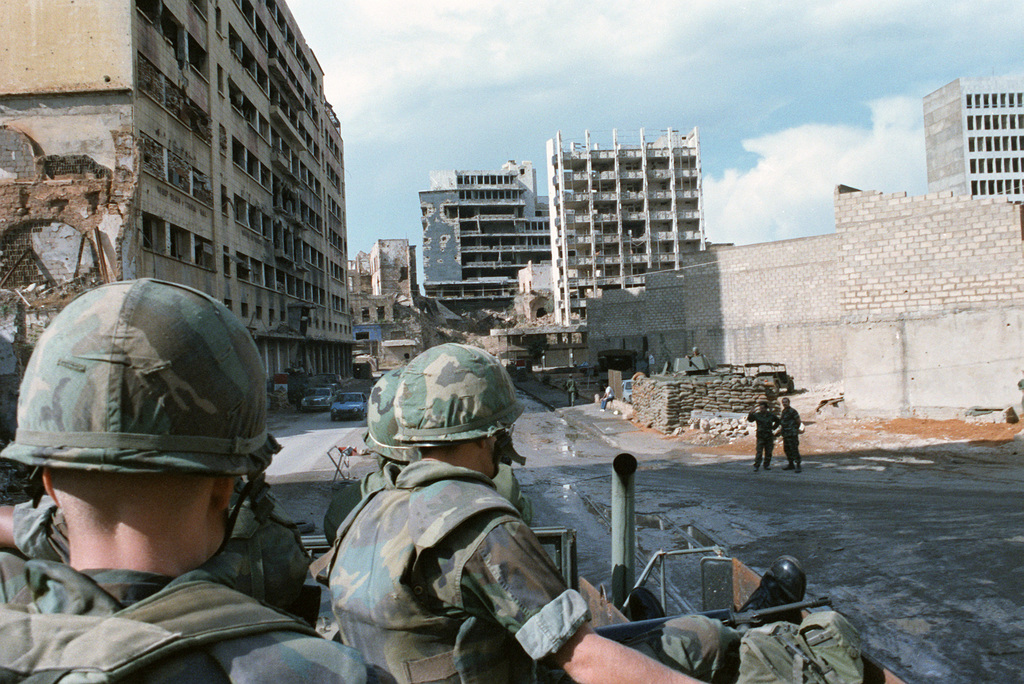
Endless Pursuit of Terror
This analysis summarizes and reflects on the following research: McIntosh, C. (2022). A ‘continuing, imminent’ threat: The temporal frameworks enabling the US war on terrorism. International Relations, 36(4), 568-590. https://doi.org/10.1177/00471178221128196 Author’s Abstract “For nearly two decades, the United States has chosen to narrate its response to terrorism through what Judith … Read more
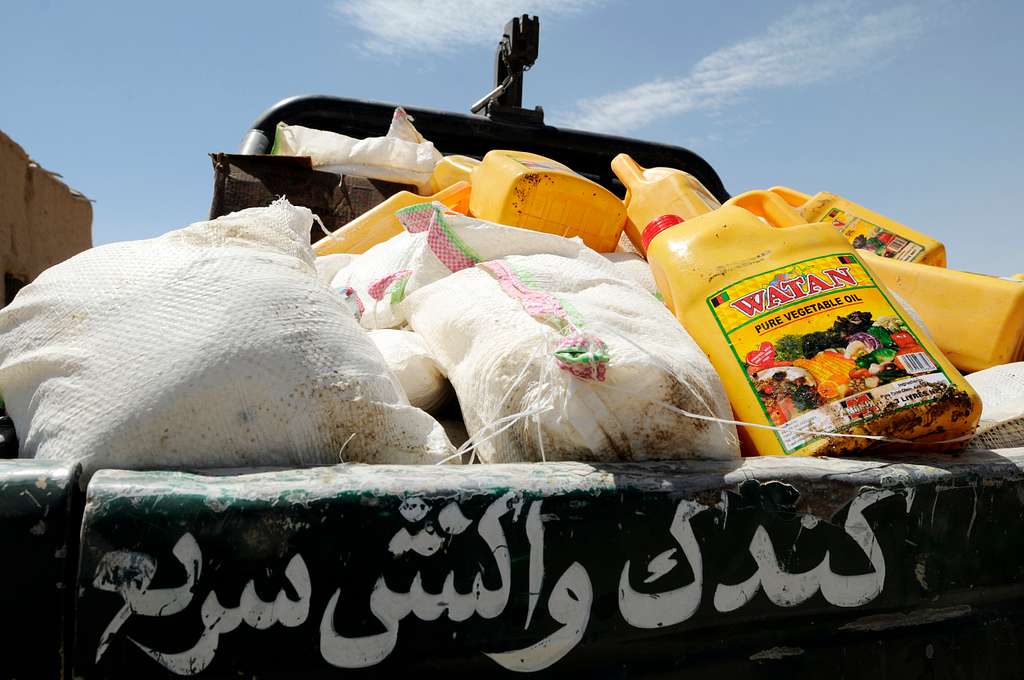
Building Peace and Resilience through Humanitarian and Development Aid
This analysis summarizes and reflects on the following research: Norman, J. M., & Mikhael, D. (2023). Rethinking the triple-nexus: Integrating peacebuilding and resilience initiatives in conflict contexts. Journal of Peacebuilding & Development, 18(3), 248-263. Author’s Abstract “The triple-nexus was introduced as a conceptual framework to link humanitarian aid, international … Read more
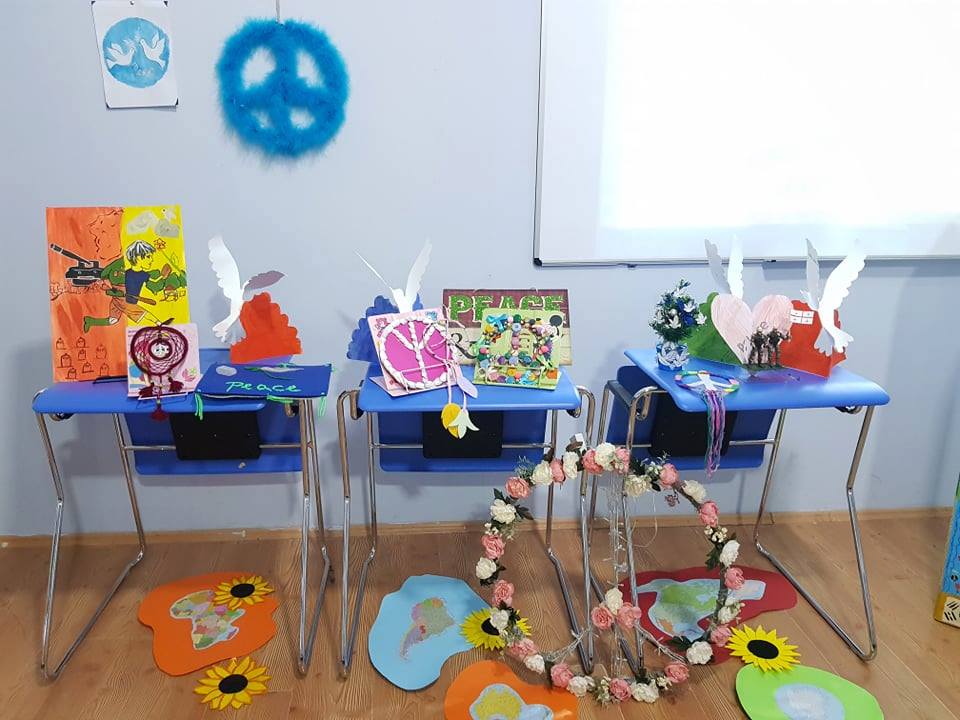
Embracing Conflict in Peace Education
This analysis summarizes and reflects on the following research: Kruger, F., & Zembylas, M. (2023). Theoretical and practical implications of agonistic peace for decolonizing peace education. Journal of Peace Education, 1-22. Talking Points Peace education runs the risk of suppressing necessary conflict and making invisible forms of (Western) domination that … Read more

Strategic Military Retreat to Mitigate Climate Change
For example, consider unions and, specifically, the work force of the military industrial complex. Research from the Costs of War project interviewed defense contractor employees in the U.S. and the U.K. to find out what their views were on climate change and their sector’s role in exacerbating the climate crisis. … Read more

How Militarization Harms Migrants in the Mediterranean Sea
This analysis summarizes and reflects on the following research: Kinacioglu, M. (2023). Militarized governance of migration in the Mediterranean. International Affairs, 99(6), 2423-2441. Talking Points In the context of maritime migration in the Mediterranean region: Migration has been framed as a hybrid threat by the European Union (EU) and North … Read more
